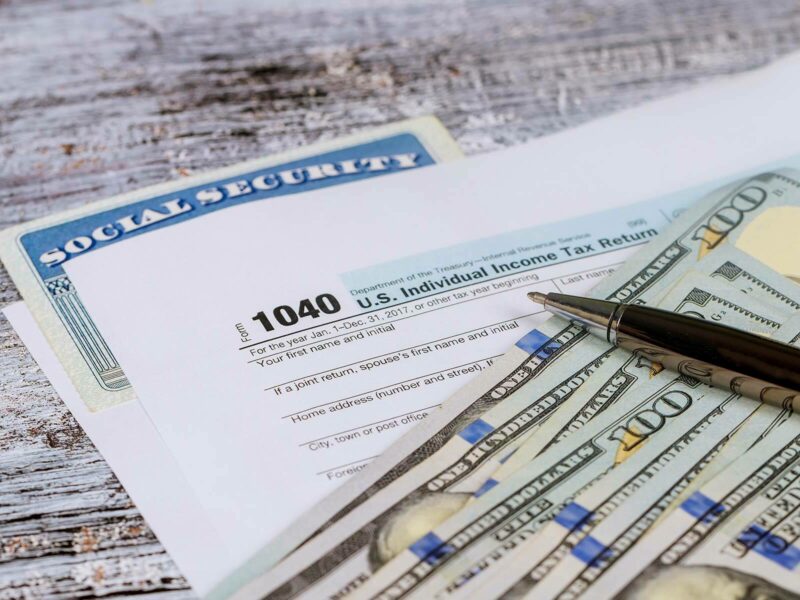Article Excerpt
Should you use an escrow account to pay your home’s taxes and insurance, or should you pay them directly each year?
Two Different Uses for Mortgage Escrow Accounts
There are two different times we use the word “escrow” during the mortgage process. The first time you use an escrow account is after an offer is accepted. You put cash into an escrow account to prove to the seller that you’re serious about the purchase. In Texas, you’ll often hear this called your “earnest money”, and it’s typically deposited with your title company. Earnest money is kept safe in escrow until the loan funds.
Escrow definition: a bond, deed, or other document kept safe by a third party and taking effect only when a specified condition has been fulfilled.
The second time you’ll use an escrow account is for the payment of taxes and insurance after you purchase the home. This is typically what people mean when they say “escrow” in Texas. Each month, you’ll pay a portion of your annual property taxes and homeowners insurance into the account. When taxes and insurance are due for payment, your mortgage company will draw funds out of the account and pay them for you.
Without an escrow account, you’d be personally responsible for paying property taxes directly to your county tax collector and insurance premiums directly to your insurance company. Unless you put 20% down on a conventional loan, you are required to use an escrow account for taxes and insurance.
Advantages to using an escrow account for taxes & insurance
It’s easier to budget
Simplicity is the most common reason homebuyers set up escrow accounts for paying taxes and insurance. It’s easier to budget a small month-to-month expense than to set money away throughout the year for one large expense. Which sounds easier to keep track of: $375/month, or $4,500/year?
Avoid late penalties
If you’re ever late on a property tax payment, you’ll get hit with a late fee. This fee can be upwards of 7% of what you owe for the year! In addition to the late fee, if you can’t pay the full amount by the due date, your remaining balance will have interest tacked on. If you choose to use an escrow account, and for whatever reason, your mortgage lender doesn’t pay your taxes on time for you, the lender is responsible for paying all penalty charges.You avoid all risk of late payments for these big items.
The drawbacks of using escrow for taxes & insurance
More closing costs upfront
If you escrow taxes and insurance, you’ll owe an initial escrow payment at closing, adding to the total amount of your closing costs. It’s typically three months of taxes and homeowner’s insurance. This initial payment may be $3,000 to $5,000 on an average-priced home in Texas. If you need that cash for improvements or moving expenses, you may want to opt out of using an escrow account.
Your money doesn’t make money
Many people opt-out of an escrow account for investment reasons. If you have a plan for your tax and insurance savings throughout the year, that money can bear interest in a savings or investment account. Someone earns interest money while that money sits in an account - whether it’s you, or an escrow servicer.
Mortgage Escrow FAQ’s
Are there any escrow fees?
The escrow account you’ll use to pay taxes and insurance will not have any fees.
How can I waive an escrow account?
You can forego an escrow account for taxes and insurance only if you make a down payment of at least 20%. But don’t expect to avoid using an escrow account during the home purchase. That’s typically required as a condition of the contract.
What is an escrow refund?
It’s possible to receive a refund in case you overpay for taxes and insurance. Your mortgage servicer is required to refund any overpayments greater than $50 each year. You may overpay if your home value decreases or you switch to a homeowner’s insurance policy with lower rates.
How do I remove an existing escrow account?
Every lender has different terms for when you’re eligible to remove an escrow account. It may be based on loan-to-value ratio or how many payments you’ve made already. You’ll usually submit a written request for removal. Check with your lender for specifics on this.



